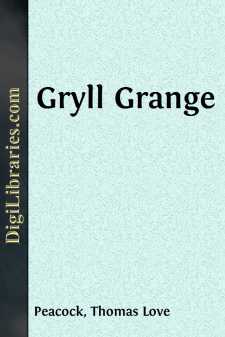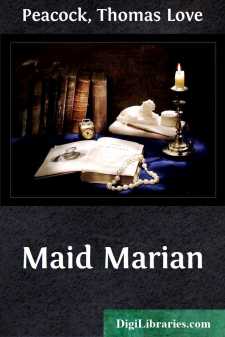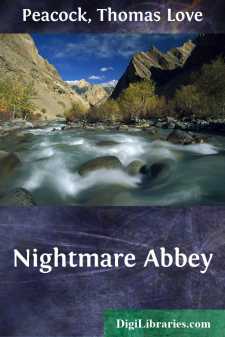Categories
- Antiques & Collectibles 13
- Architecture 36
- Art 48
- Bibles 22
- Biography & Autobiography 813
- Body, Mind & Spirit 142
- Business & Economics 28
- Children's Books 15
- Children's Fiction 12
- Computers 4
- Cooking 94
- Crafts & Hobbies 4
- Drama 346
- Education 46
- Family & Relationships 57
- Fiction 11828
- Games 19
- Gardening 17
- Health & Fitness 34
- History 1377
- House & Home 1
- Humor 147
- Juvenile Fiction 1873
- Juvenile Nonfiction 202
- Language Arts & Disciplines 88
- Law 16
- Literary Collections 686
- Literary Criticism 179
- Mathematics 13
- Medical 41
- Music 40
- Nature 179
- Non-Classifiable 1768
- Performing Arts 7
- Periodicals 1453
- Philosophy 64
- Photography 2
- Poetry 896
- Political Science 203
- Psychology 42
- Reference 154
- Religion 513
- Science 126
- Self-Help 84
- Social Science 81
- Sports & Recreation 34
- Study Aids 3
- Technology & Engineering 59
- Transportation 23
- Travel 463
- True Crime 29
Gryll Grange
Categories:
Description:
Excerpt
INTRODUCTION
Gryll Grange, the last and mellowest fruit from Peacock's tree, was, like most mellow fruit, not matured hastily. In saying this I do not refer to the long period—exactly a generation in the conventional sense—which intervened between Crotchet Castle of 1831 and this of 1861. For we know as a matter of fact, from the preface to the 1856 edition of Melincourt, that Peacock was planning Gryll Grange at a time considerably nearer to, but still some years from, its actual publication.
There might perhaps have been room for fear lest such a proceeding, on the part of a man of seventy-five who was living in retirement, should result in an ill-digested mass of detail, tempered or rather distempered by the grumbling of old age, and exhibiting the marks of failing powers. No anticipation could have been more happily falsified. The advance in good temper of Gryll Grange, even upon Crotchet Castle itself, is denied by no one. The book, though long for its author, is not in the least overloaded; and no signs of failure have ever been detected in it except by those who upbraid the still further severance between the line of Peacock's thought and the line of what is vulgarly accounted 'progress,' and who almost openly impute decay to powers no longer used on their side but against them. The only plausible pretext for this insinuation is that very advance in mildness and mellowness which has been noted—that comparative absence of the sharper and cruder strokes of the earlier work. But since the wit is as bright as ever, though less hard, it seems unreasonable to impute as a defect what, but for very obvious reasons, would be admitted as an improvement.
Except Brougham, who still comes in for some severe language, no one of Peacock's old favourite abominations undergoes personal chastisement. On the contrary, indirect but pretty distinct apology is tendered to Wordsworth, Southey, and Coleridge by appreciative citation of their work. Even among the general victims, Scotchmen and political economists have a still more direct olive-branch extended to them by the introduction of the personage of Mr. MacBorrowdale: there is no more blasphemy of Scott: and I do not at the present moment remember any very distinct slaps at paper money. Peace had been made long ago with the Church of England, through the powerful medium of Dr. Folliott; but it is ratified and cemented anew here not merely by the presentation of Dr. Opimian, but (in rather an odd fashion perhaps) by the trait of Falconer's devotion to St. Catharine. So also, as the fair hand of Lady Clarinda, despite some hard knocks administered to her father and brother, had beckoned Peacock away from his cut-and-dried satire of the aristocracy, so now Lord Curryfin exhibits a further stage of reconciliation. In short, all those elements of society to which very young men, not wanting either in brains or heart, often take crude and fanciful objection, had by this time approved themselves (as they always do, with the rarest exceptions, to les âmes bien nées) at worst graceful if unnecessary ornaments to life, at best valuable to the social fabric as solid and all but indispensable buttresses of it....





